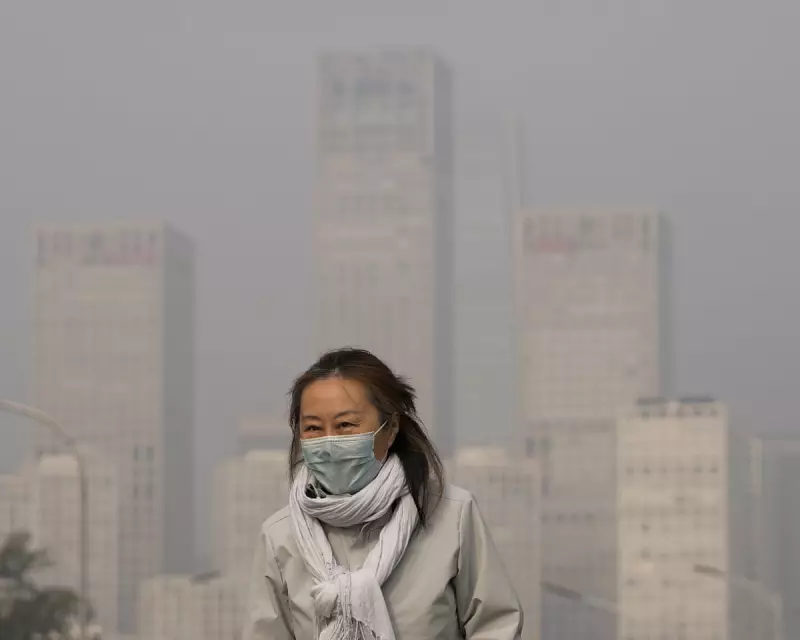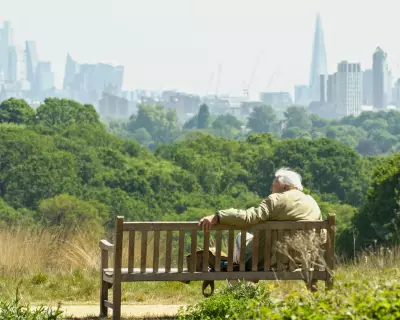
A comprehensive global review has uncovered alarming evidence that air pollution is dramatically accelerating physical decline in older adults, creating a perfect storm for healthcare systems as populations age worldwide.
The Silent Aggressor in Our Air
Researchers analysing data from millions of elderly individuals across multiple continents found that exposure to polluted air significantly increases the risk of developing frailty - a condition characterised by reduced strength, energy, and physical function that leaves older people vulnerable to falls, disability, and hospitalisation.
The study, considered the most extensive of its kind, reveals that even pollution levels below current regulatory thresholds in many countries are contributing to this worrying trend.
How Pollution Robs Vitality
Scientists identified several mechanisms through which polluted air attacks the body:
- Chronic inflammation: Fine particles trigger systemic inflammation that gradually erodes muscle mass and strength
- Oxidative stress: Airborne toxins generate cellular damage that accelerates ageing processes
- Cardiovascular strain: Pollution stresses the heart and circulatory system, reducing physical resilience
- Neurological impact: Some pollutants may directly affect brain function and coordination
Global Implications for Ageing Societies
This research sounds a particular alarm for countries with rapidly ageing populations, including the United Kingdom. With nearly one in five Britons expected to be over 65 by 2030, the compounding effects of pollution could overwhelm health and social care systems already under strain.
"We're facing a double jeopardy of demographic ageing and environmental degradation converging to create a major public health challenge," explained one senior researcher involved in the analysis.
Urban Dwellers Most at Risk
The findings highlight particular concerns for older adults living in cities and industrial areas, where pollution concentrations are typically highest. The study suggests that improving urban air quality could yield significant benefits for healthy ageing and reduce pressure on healthcare services.
Experts are calling for urgent policy action to address what they describe as a preventable contributor to age-related decline, emphasising that cleaner air represents not just an environmental goal but a crucial investment in population health and economic stability.





